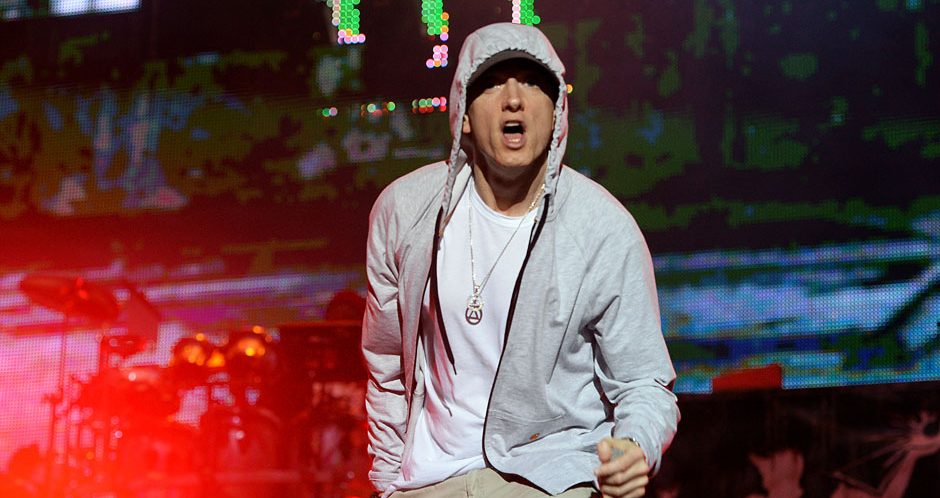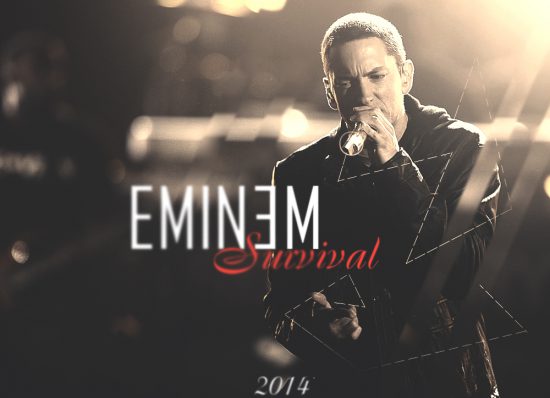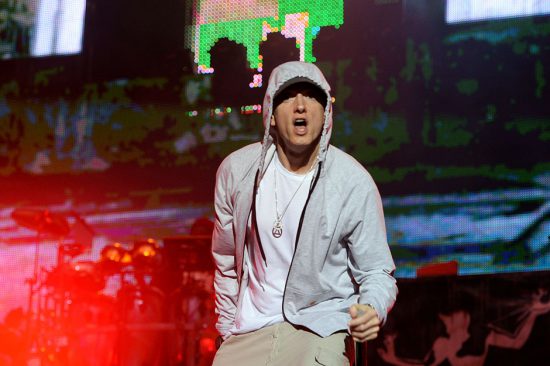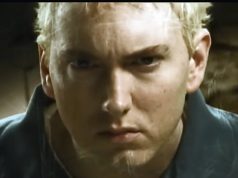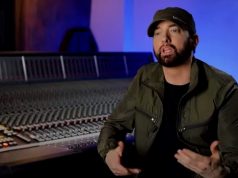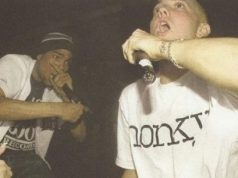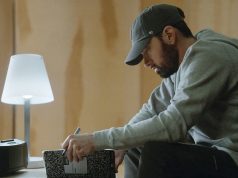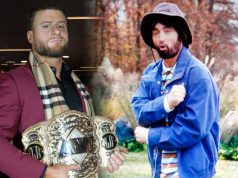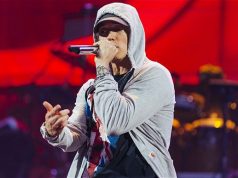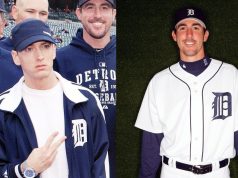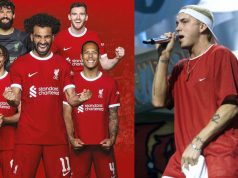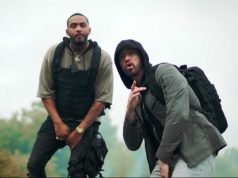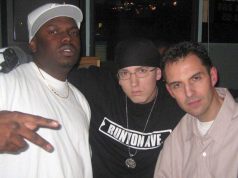The Aftermath producer goes deep about his work with Jay Z, Eminem, Drake and others.
A$AP Ferg and Remy Ma’s “East Coast,” Big Boi and Adam Levine’s “Mic Jack,” Joey Bada$$’s “For My People”—DJ Khalil has been keeping busy in 2017. With work on upcoming albums from Big K.R.I.T. and Nipsey Hussle, plus new music on deck from Self Scientific, his group with Chace Infinite, this year is about to get even better for the Seattle-born, Los Angeles-raised producer.
Khalil’s production credits stretch way beyond this year, or even this decade, though. After working with local West Coast acts like Ras Kass, DJ Muggs and Xzibit in the early ’00s, Khalil’s résumé began to read like a rap producer’s wish list: Jay Z, Eminem, Drake, Kendrick Lamar and Dr. Dre, who signed him to Aftermath in 2003 after hearing his work for one of his lesser-known signings, Brook Lynn.
Amazingly, Khalil actually met Dre long before that deal ever happened. “When I was like 13, 14, he and my sister were really good friends. My parents threw her a birthday party at my house and he came over,” he recalls over the phone. “I walked up to him and was like, ‘yo, I’m trying to be a producer just like you!’ He talked to [me and my brother] for like 45 minutes to an hour, telling us all these stories. It was a huge moment for me.”
While the encounter probably meant more to a young Khalil than it did to the N.W.A member at the time, Dre recognized the budding producer immediately when he brought him over to the studio years later. “When I walked in he was like, ‘yo, I remember you!’ He told everybody in the studio the story. He remembered the whole thing.”
Despite his track record and OG status, DJ Khalil doesn’t actively seek the spotlight. Those who follow him online will know he barely cares about Twitter or Instagram. “I’m not a social guy like that,” the soft-spoken producer says. “My focus is to make music and to take care of my family.” This philosophy is also at heart of his craft: DJ Khalil doesn’t pride himself on his hits, but those often emotional album cuts that resonate a little deeper with the artist, the fans and even himself.
“I think I really made my most profound music during that time. It was therapeutic to me,” Khalil says when reflecting on his father, former NBA player and UCLA coach Walt Hazzard, who passed away after a long battle with illness in 2011. “Whether it’s ‘I Made It’ or ‘Fear’ or ‘Talkin’ to Myself,’ they’re always airing out their feelings over my production, which is dope — I wear that like a badge of honor. I love that people use my music to talk about things that are true to them.”
Eminem — “Survival” ft. Liz Rodrigues (2013)
“I remember he performed at Wembley Stadium… and you could hear the whole crowd singing the lyrics and it was like, ‘wow!’ That’s what we were going for.”
“My group The New Royales, we’re a writing and production team as well. At the time, we had already worked with Eminem and Slaughterhouse and we’d developed this sound that was like a combination of hip-hop and rock—I’m a huge Rick Rubin fan and that was a big influence. That beat was made around the same time [as Recovery], we were just cranking it out at that point so we had so many ideas for him and he was really into the sound. Liz Rodrigues, who’s singing on the hook, she’s just incredible.
“So Erik [Alcock, member of The New Royales] and Liz, they would send me different ideas for Eminem. We would talk about what we were trying to do and then they would get together and write, then send guitar and vocals. ‘Survival’—and pretty much all of the Eminem placements—was already a concept. It was really just arranging it at that point.
“We wanted to do a stadium song because Eminem is a stadium artist, so we wanted to do something that was huge, reminiscent of Queen or whatever [laughs]. It had to be a motivational record so I put these big, raw drums on it. The original beat is super distorted, it’s deafening. But we were really trying to make it edgy and raw.
“They had held onto that beat for a while. Paul Rosenberg ended up cutting it and they used it for the new Call of Duty game. It got synced a lot, we got a lot of TV and film syncs off of it. It was just a moment. I remember he performed at Wembley Stadium which was a big deal, and that was either the first or second song and you could hear the whole crowd singing the lyrics and it was like, ‘wow!’ That’s what we were going for.
“He’s very particular about sounds. He wants it to sound how he hears it. Sometimes you get demoitis. It’s like with Dre, if you change anything, they’re gonna pick it up. You change the snare, they’ll be like, ‘what did you do to the snare? That’s not what you did on the original. You gotta take that out.’ They don’t want you to mess with that vibe at all. They want it exactly how they heard it the first time. I was going back and forth with him and his engineer just making sure it sounded how he heard it.
“[There was a version with] Travis Barker and he killed it, too. He’s so cool because he’d be like, ‘what do you think? How should I do this take?’ I’d be like, ‘man, just go crazy.’ I came home with like a billion drum tracks [laughs]. Maybe it didn’t work because [Eminem] was so used to hearing it how it was already recorded, but he murdered it, that was a legendary night. Just working with the best drummer in the game at that point. He’s a rock star and a hip-hop head on top of it. He understands hip-hop.
“Dre introduced me to [Eminem] right after they won the GRAMMY for ‘Crack a Bottle.’ He was in L.A., Dre was in the studio and he was like, ‘yo, Marshall’s here, he’s got some stuff he wants to play you, I want to introduce you.’ I ended up being in the room with Dre, Eminem and Scott Storch, and they’re listening to my music and Em’s writing to one of the joints. It was pretty incredible.
Here are the stories behind five of DJ Khalil’s biggest songs. Read Full.


